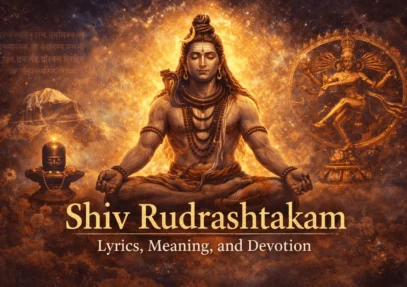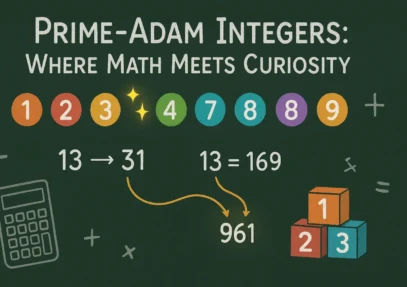Could intelligent life evolve differently due to different planetary conditions?
Here’s a breakdown of the statements in the context of the Anaemia Mukt Bharat (AMB) Strategy: Prophylactic calcium supplementation: Incorrect: AMB focuses on iron and folic acid supplementation, not calcium supplementation. Calcium supplementation is addressed under other maternal and child healthRead more
Here’s a breakdown of the statements in the context of the Anaemia Mukt Bharat (AMB) Strategy:
- Prophylactic calcium supplementation:
- Incorrect: AMB focuses on iron and folic acid supplementation, not calcium supplementation. Calcium supplementation is addressed under other maternal and child health programs.
- Campaign for delayed cord clamping at the time of childbirth:
- Correct: Delayed cord clamping is promoted as part of AMB to ensure improved iron stores in newborns, which helps prevent anaemia.
- Periodic deworming for children and adolescents:
- Correct: AMB includes periodic deworming to address parasitic infections, a significant cause of anaemia in children and adolescents.
- Addressing non-nutritional causes of anaemia:
- Correct: AMB recognizes non-nutritional causes such as malaria, hemoglobinopathies, and fluorosis in endemic areas and includes measures to address them.
Thus, statements 2, 3, and 4 are correct, and only statement 1 is incorrect.
See less







Yes, the evolution of intelligent life could vary significantly due to different planetary conditions. Planetary characteristics such as atmosphere, gravity, temperature, radiation, and available resources shape the development of life. Here's how different conditions might influence the evolution oRead more
Yes, the evolution of intelligent life could vary significantly due to different planetary conditions. Planetary characteristics such as atmosphere, gravity, temperature, radiation, and available resources shape the development of life. Here’s how different conditions might influence the evolution of intelligent beings:
1. Atmosphere Composition
2. Gravity
3. Temperature
4. Radiation Levels
5. Water Availability
6. Day Length
7. Predation and Competition
8. Communication
9. Biochemical Foundations
10. Cultural and Social Development
These variations suggest that intelligent life could take many forms, adapting to their unique worlds in ways that may be vastly different from life as we know it. This diversity would reflect the incredible adaptability of life to thrive under varied conditions.
See less